Over the weekend, two significant actions were announced in an attempt to stabilize the markets amidst the ongoing banking crisis. These actions included the government-supported takeover of troubled Credit Suisse by UBS and a coordinated move by six major central banks to enhance the provision of US dollar liquidity. Despite these measures, market sentiment remains fragile, with stocks in Japan, Hong Kong, and Singapore extending declines.
UBS’s takeover of Credit Suisse was made possible with the support of the Swiss federal government, FINMA, and SNB. SNB noted that this move aims to secure financial stability and protect the Swiss economy during these exceptional circumstances. Based on the Federal Council’s Emergency Ordinance, Credit Suisse and UBS can obtain a liquidity assistance loan with privileged creditor status in bankruptcy for a total amount of up to CHF 100B. Additionally, SNB can grant Credit Suisse a liquidity assistance loan of up to CHF 100B backed by a federal default guarantee.
In a separate announcement, Fed, alongside BoC, BoE, BoJ, ECB, and SNB, revealed a coordinated action to increase the availability of liquidity via the standing US dollar liquidity swap line arrangements. To enhance the swap lines’ effectiveness, the central banks will increase the frequency of 7-day maturity operations from weekly to daily, starting on March 20, 2023, and continuing at least until the end of April.
These swap lines between central banks serve as crucial liquidity backstops to ease strains in global funding markets. By mitigating these strains, central banks aim to maintain the supply of credit to households and businesses. However, the ongoing decline in stock markets across Asia signals that further actions may be needed to restore confidence and stability in the global financial markets.
Hong Kong HSI is trading down -2.5% at the time of writing. The decline from 22700.85 (Jan high) is still in progress with the index bounded well inside the falling channel, and capped below 55 hour EMA. Outlook will stay bearish as long as 19804.56 support turned resistance holds. Next target is 100% projection of 22700.85 to 19804.56 from 21005.66 at 18109.37.



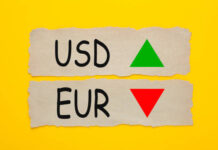
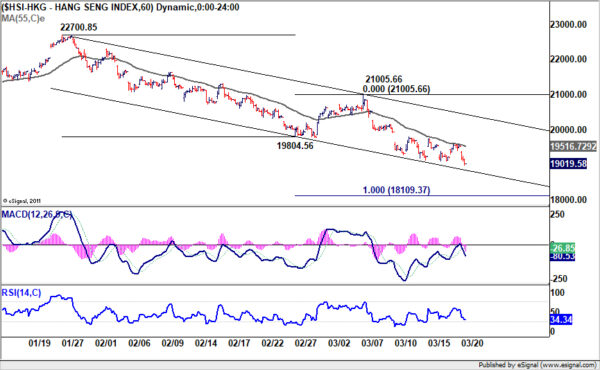
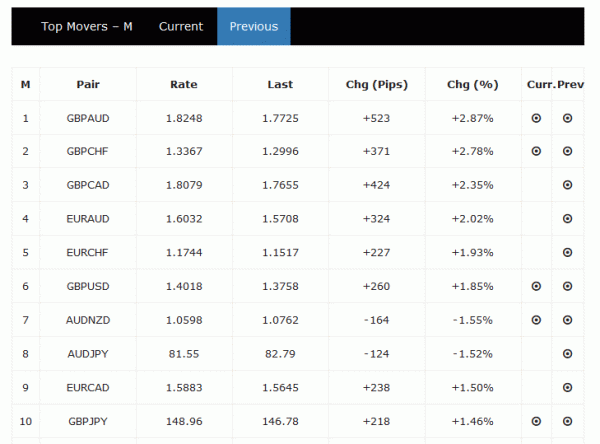

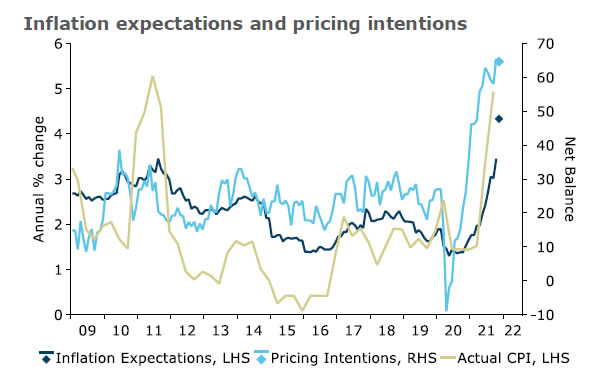
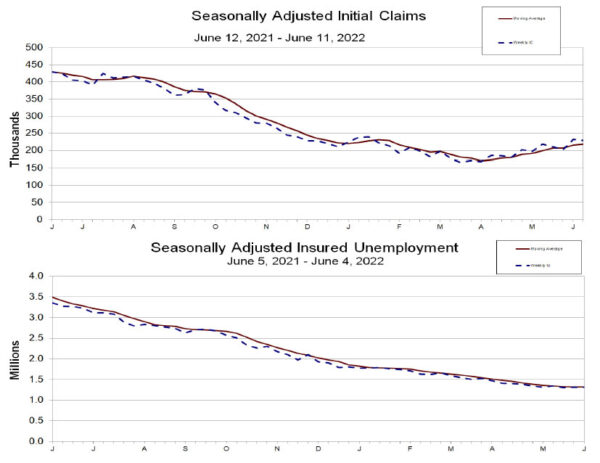
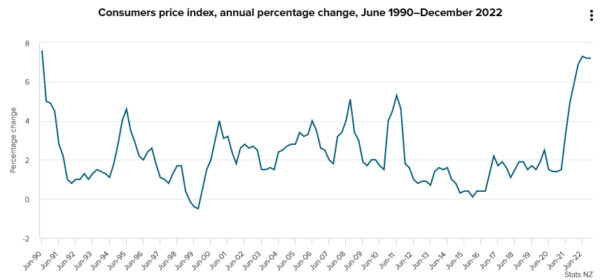
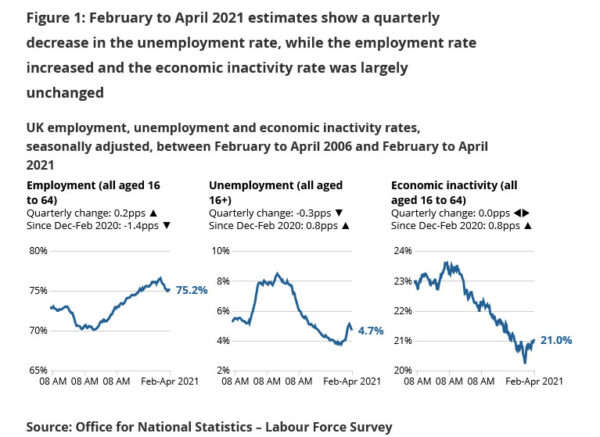
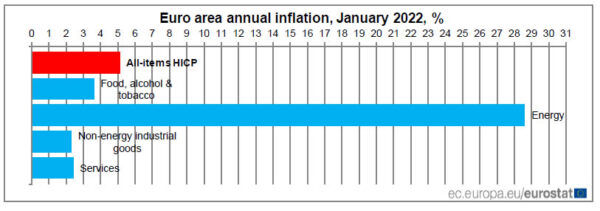
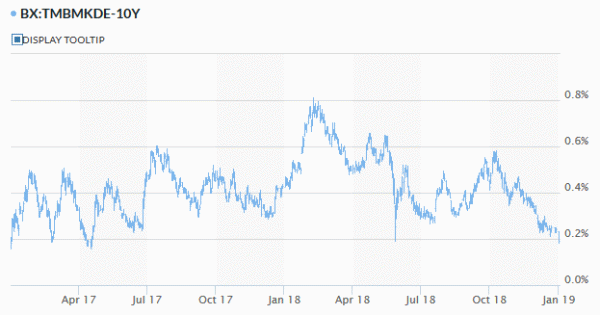
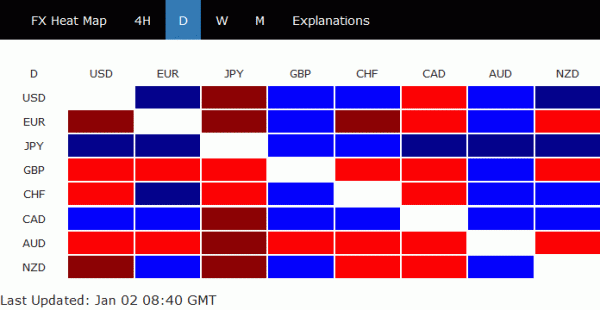
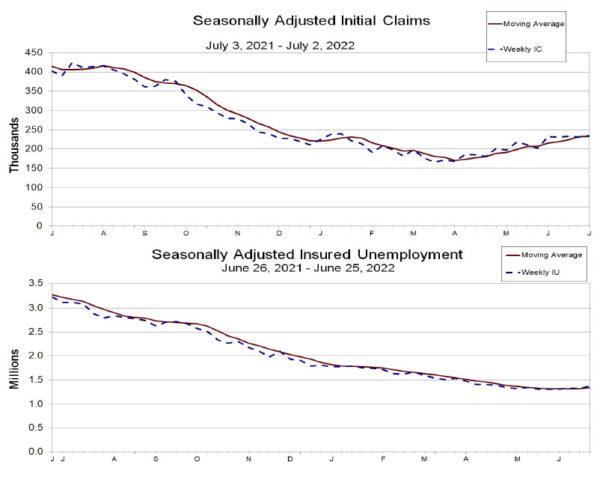
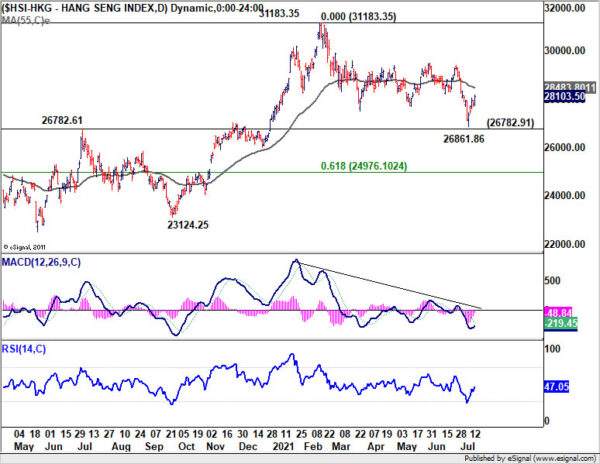
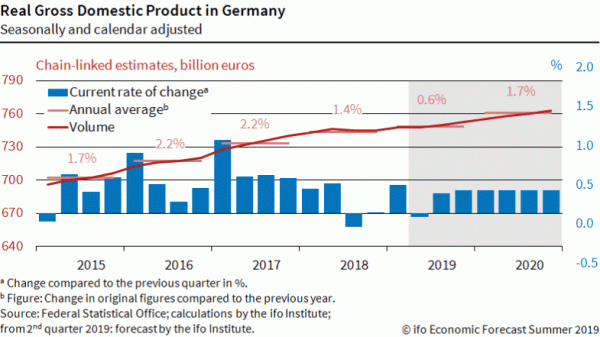
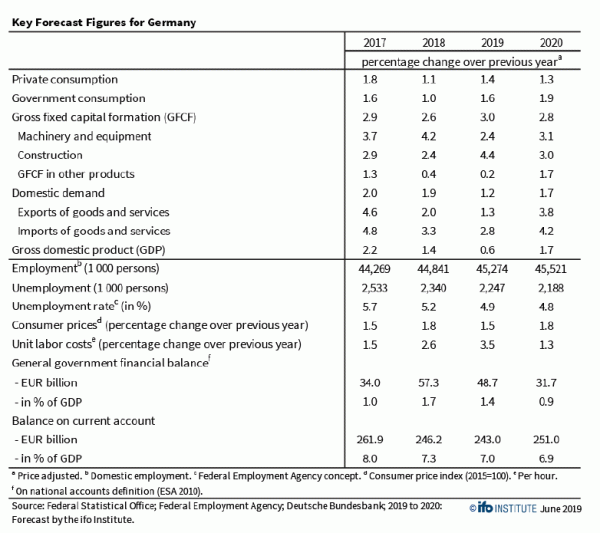
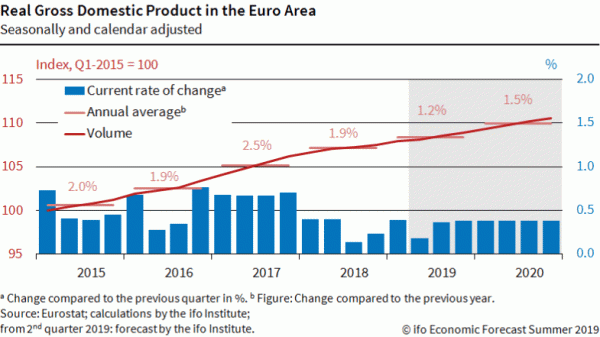

BoJ July minutes: Sentiments could worsen if US-China trade friction intensifies
The minutes of July 30-31 BoJ meeting showed that the board members expected Japan’s economy to grow above potential in fiscal 2018. For 2019 and 2020, growth would likely continue “partly supported by external demand”. However, the pace would decelerate “due to a slowdown in domestic demand. On prices, most members agreed that CPI would likely increase increase gradually towards 2% as “firms’ stance gradually would shift toward further raising wages and prices”. But these members agreed that “it would take more time than expected to achieve 2 percent inflation”. Thus, the inflation projection in the July Outlook Report was lowered from April’s.
The minutes also noted that the global financial markets had temporarily become unstable through early July, “mainly against the background of uncertainties over trade policy, especially between the United States and China”. And, many members warned that “risk sentiment could worsen again if trade friction between the United States and China intensified.” Also, one member added that ” if the Chinese yuan depreciated further, due mainly to concerns over the possible negative impact on the Chinese economy, there was a risk of this having a negative impact on investors’ sentiment regarding emerging markets in Asia.”
Full minutes here.